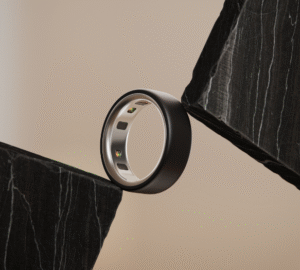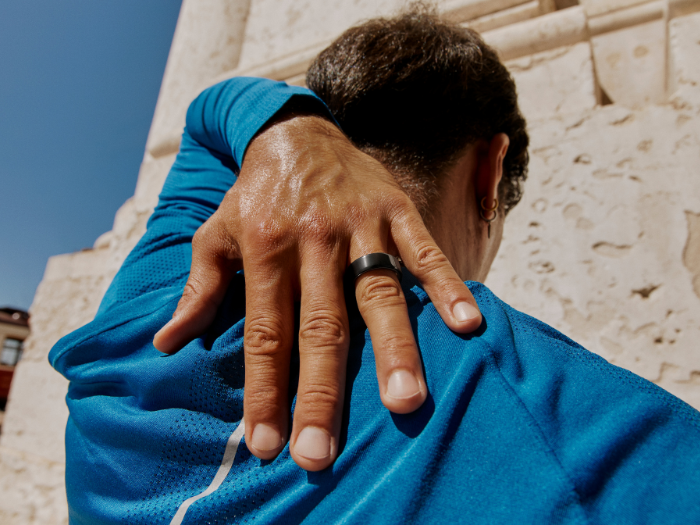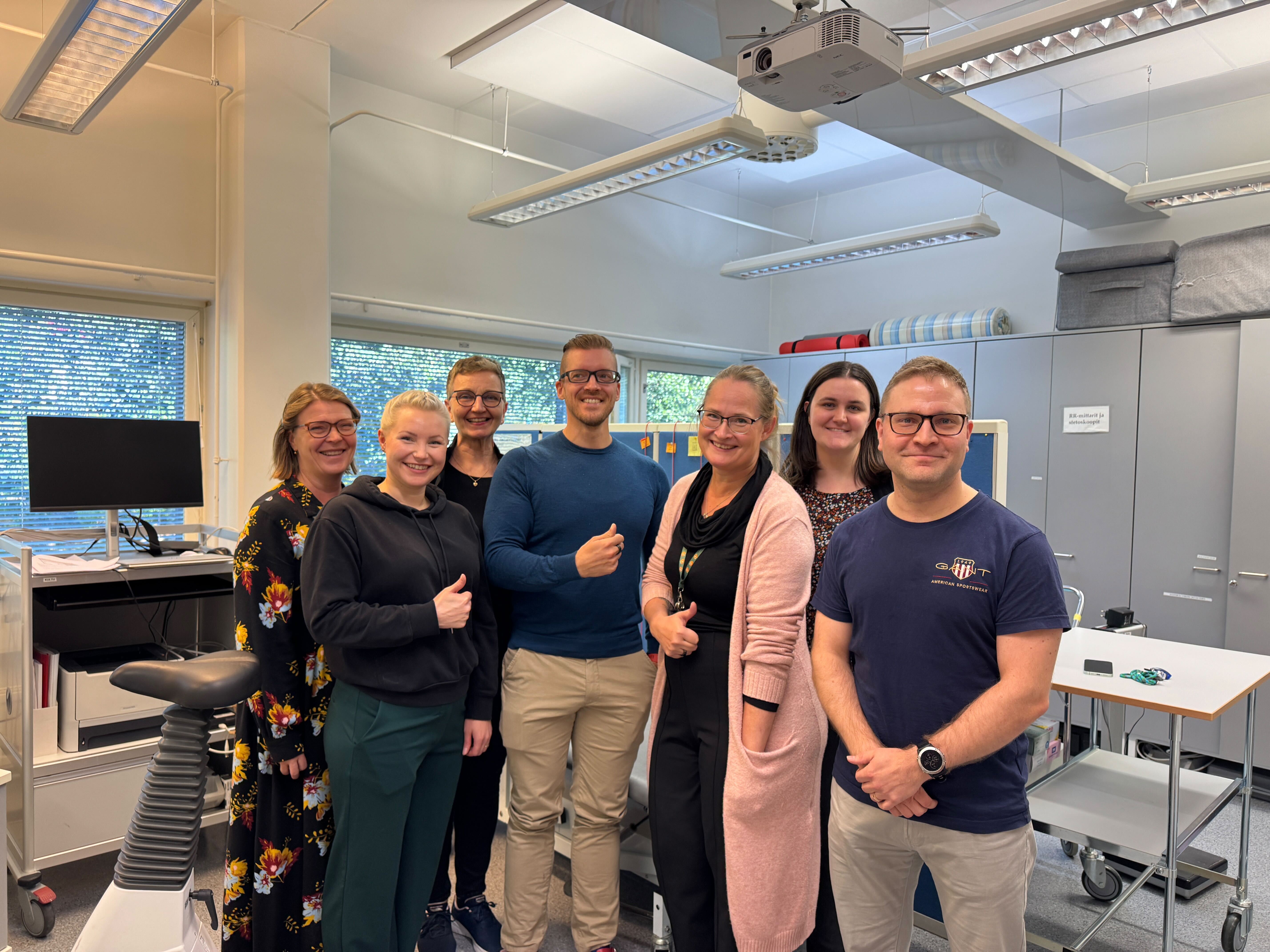Oura’s Science team is pleased to announce the launch of Oura’s first-ever randomized, controlled, clinical trial, named GONDOR-AS (Guidance with Oura aND AI fOr Reducing Arterial Stiffness).
This trial will assess the ability of Oura Advisor, our AI-powered, personalized wellness coach, to guide members toward reducing their arterial stiffness, a measurement which forms the basis for estimating members’ Cardiovascular Age.
“AI is a hot topic in both the wearable industry, and all of medicine, too,” says Pauli Ohukanien, PhD, Senior Research Scientist at Oura. “This trial sprints us into the cutting edge of innovation, as we’re not only applying AI, but we’re also actively studying it in accordance with the most rigorous scientific standards and practices.”
What Will the Trial Entail?
This trial will study the difference between different exercise protocols in reducing arterial stiffness and improving aerobic fitness.
During this randomized three-month clinical trial, which will be conducted in collaboration with our established research partner, Kuopio Research Institute of Exercise Medicine (KuLTu), participants will be randomly allocated to Group A (follow the advice given by the Oura Advisor), Group B (attend supervised exercise sessions) or Group C (a control group without supervised exercise or Advisor).
Participants, who were recruited via e-mail and newspaper ads from the region of Kuopio, Finland, will visit an exercise physiology lab in the beginning of the trial and after three months for measurements in arterial stiffness, cardiorespiratory fitness, and body composition.
The main questions the study aims to answer are:
- Can an AI-based Advisor provide useful exercise guidance that helps improve cardiovascular health and aerobic fitness?
- Does regular exercise lower arterial stiffness measured with a clinical reference device and Oura’s proprietary Cardiovascular Age metric and its estimated arterial stiffness?
- Is there a difference between attending supervised high-intensity interval (HIIT) training sessions and following personalized exercise instructions for steady-state aerobic training?
In addition, the study aims to learn more about participants’ health behaviors and how they interact with an AI-powered tool, such as Oura Advisor.
“We will also study the subjective experiences of our participants related to their health behavior, motivation, and how they feel about interacting with Oura Advisor,” says Sofia Strömmer, PhD, Behavioral Scientist at Oura.
“Behavioral evaluation helps us understand not just if a health intervention works, but how and why it works (or doesn’t),” Strömmer adds. “Looking closely at what happens during the trial for participants is key to improving future health programs.”
READ MORE: How to Improve Your Cardio Capacity (VO2 Max)
What Does It Mean to Register As a Clinical Trial?
The GONDOR-AS study has been registered to the Clinical Trials protocol registry database. Oura is committed to publishing our research, regardless of the outcome.
“Whether or not Oura Advisor helps our members, the data will be useful not only to us, but also the wider scientific community,” Ohukanien says. “In other words, we’re contributing to both our members’ health, but also to broader scientific progress.”
For more of the study details, please visit the documentation on ClinicalTrials.gov.
RELATED: Inside the Ring: How We Improved Automatic Activity Detection (AAD)












